Approximately 80% of graduates are employed within 18 months of graduation
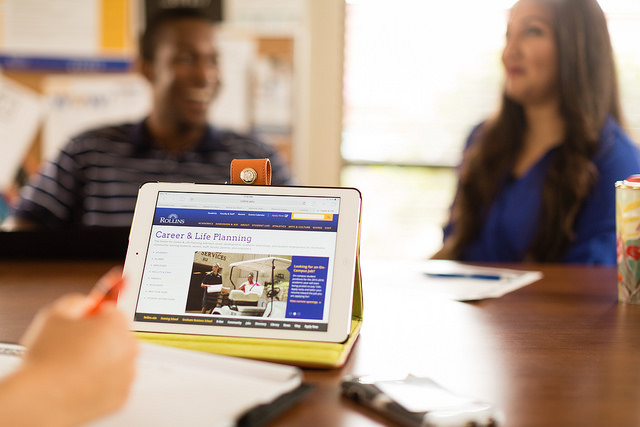
According to Rollins data from the graduating class of 2015, 75 percent of graduates are engaged in the workforce, grad school, or volunteer service 12 months after graduation. After 18 months, this figure rises to 81 percent.
This data is the most recent information published by Center for Career & Life Planning (CCLP), which has taken strides toward increasing graduate employment. They have established tools and resources such as the student-faculty advising program called R-Compass, an online graduate survey, and the new Career Champions Mentor Program.
Lisa Gilliean-Crump, assistant vice president for Student Affairs at the CCLP, dissected the statistics and estimated that after a year and a half, about 80 percent of Rollins graduates are working full or part time, “and the other 20 percent of these graduates are in grad school.”
Gilliean-Crump also explained that CCLP is encouraging earlier career preparation, whether that is by making connections with Rollins alumni, applying for graduate schools, or reaching out to potential employers.
The data shows that 2015 was a benchmark year for the CCLP, said Gilliean-Crump. This was due to the merger of Career Services and Academic Internships in 2014. This merger coincided with a new approach to contacting and interacting with current and former Rollins students in order to get them more engaged about career opportunities.
In one change, the CCLP switched to an online graduate survey instead of the old paper and pen method. With the former method, Gilliean-Crump said that students would answer the question of “What job are you going to hold after college?” with responses like, “Batman” and “Superwoman.”
The introduction of the online survey by the CCLP made the survey a graduation requirement. This requirement made soon-to-be Rollins graduates take the survey more seriously, and it allows for the CCLP to gather more accurate data for their surveys.
Gilliean-Crump said that, “prior to 2015, post-graduation outcome reporting was solely based on the survey response data from the Rollins First Destination Survey… the online survey was administered at the time [of] graduation and again at three, six, and 12 months after graduation.”
The CCLP received an extremely low response rate to these surveys. Gilliean-Crump said that since the introduction of the new online method in 2015, “we have a more comprehensive approach to our data collection process, as the College began leveraging LinkedIn data, launched the CLP/Phone-A-Thon campaigns, and changed [their] post-graduation surveying system to Handshake.”
The Phone-A-Thon campaigns, for instance, are a new approach in which the CCLP contacts Rollins graduates and conducts their post-graduation surveys over the telephone.
The Career Champions Mentor Program is another way in which students can still be attending school while making those important connections with successful alumni who can help them plan for the future, said Gilliean-Crump.
This program had its pilot run last year, and 36 students applied for mentorship. The CCLP was able to match each of these students with an alum who worked in a similar field and carried a similar interest and passion.
For example, Alumna Stacy Van Praagh (‘93), the President of the Americas at Alexander McQueen, was a mentor to Philip Denizard (‘16), who is now an assistant buyer at Gucci.
This year, Gilliean-Crump hopes to expose more students to this amazing opportunity, as the CCLP’s goal was to reach 50 applicants for the mentee position, since “many alumni are more than willing to engage with the students and help them in any way possible.”
The connection between student and alumni attests to the success of the Career Champions Mentor Program. Gilliean-Crump said that many of the students are still in contact and collaboration with their mentors.
The CCLP is now emphasizing the importance of thinking about early career preparation. And the introduction of R-Compass, in particular, helps students connect with faculty who will advise them on how best to apply for jobs that they are most passionate about and that fit their major.
The CCLP page on Rollins’ website says, “R-Compass Advising Mentors (RCAMs) provide “peer-to-peer outreach to faculty on advising as needed on individual, departmental, and campus-wide levels.”
Gilliean-Crump said the CCLP is also pushing for students to “develop LinkedIn accounts,” as they allow for students to be immersed in a community and truly “engaged in the process” of finding jobs.
Students are also encouraged to refer to the Rollins Results page on the college website. It features the percentages of employed graduates and includes profiles focused on specific graduates becoming global citizens and responsible leaders.



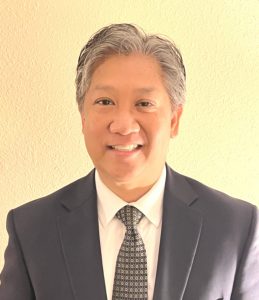
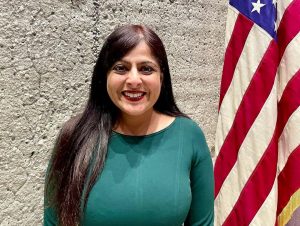
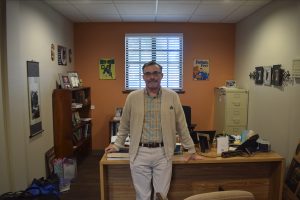




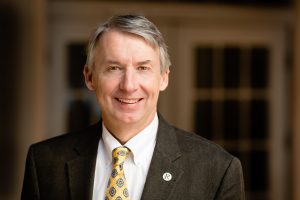


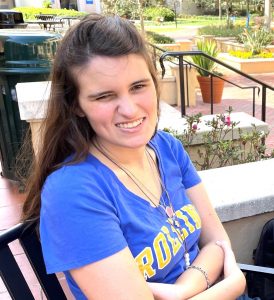

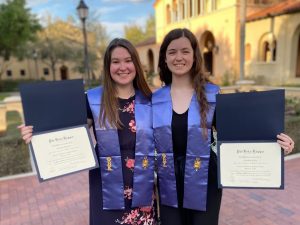
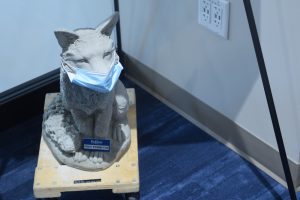
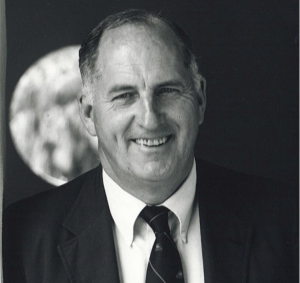
Be First to Comment